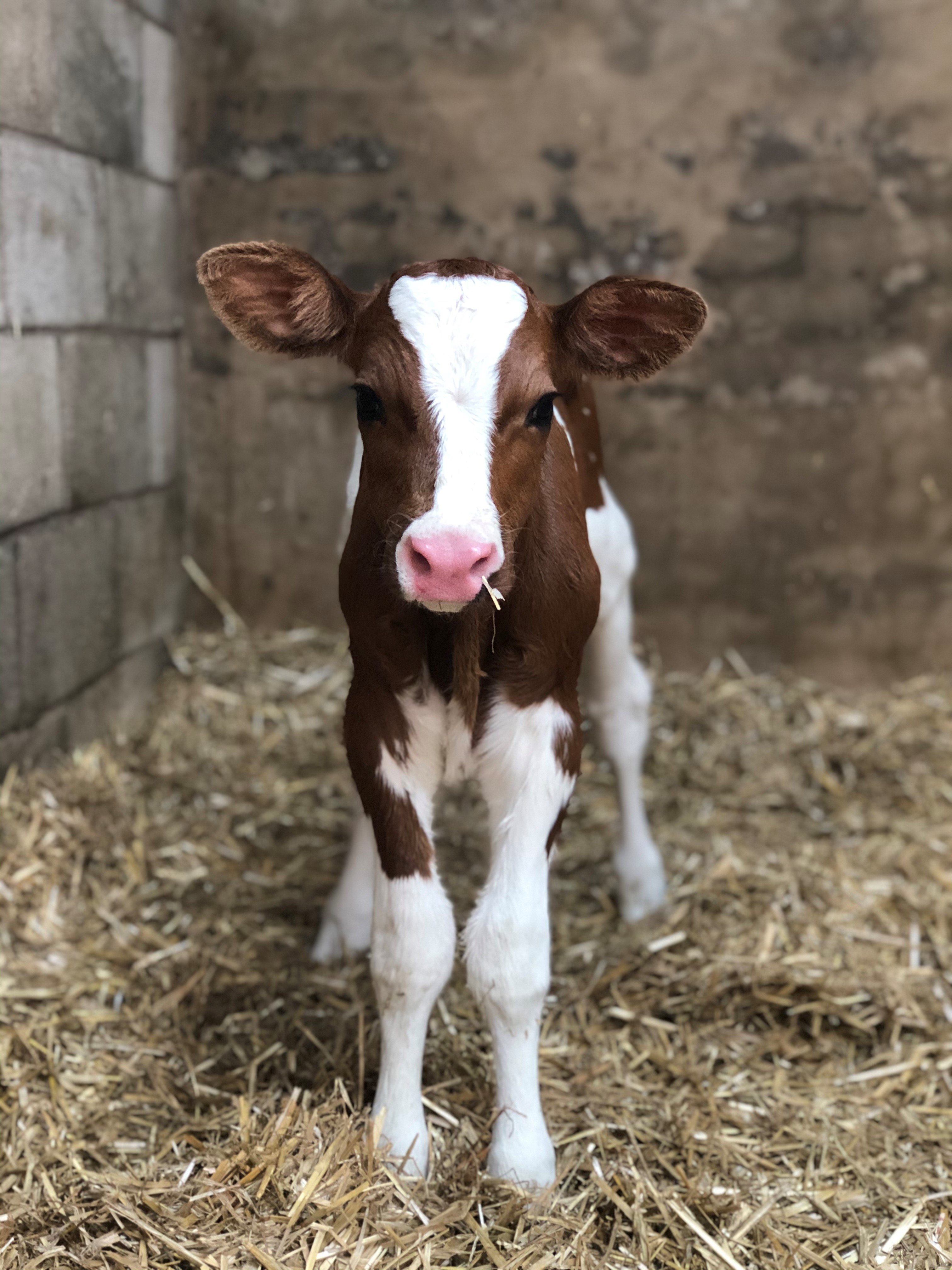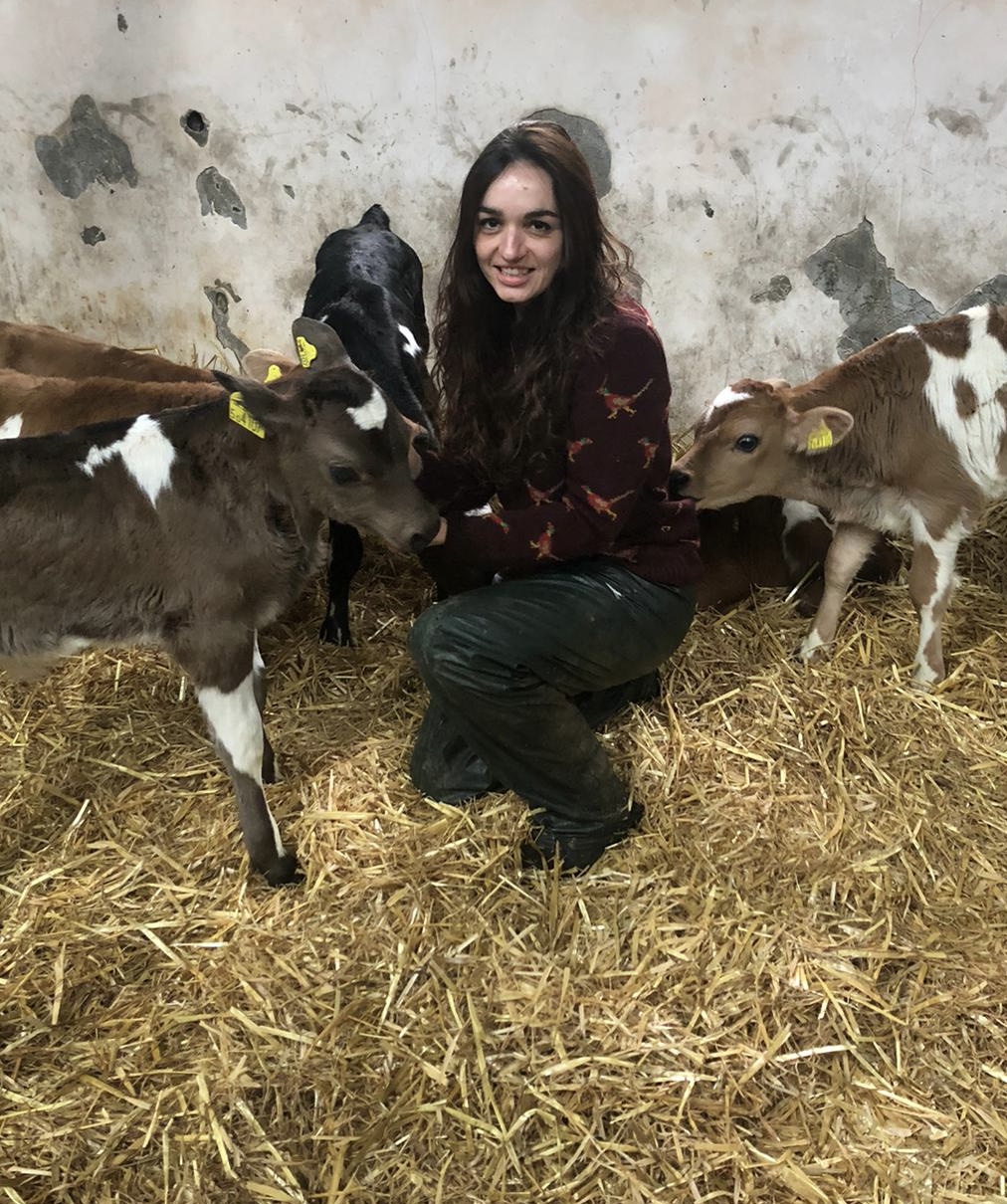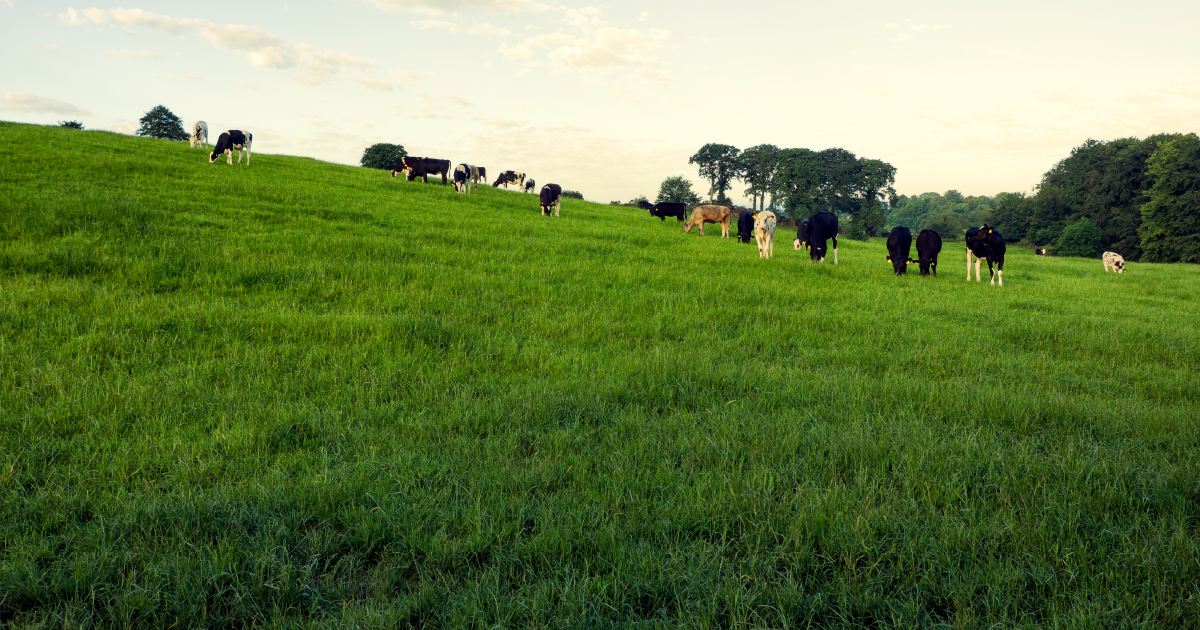Ethical Dairy Calf Management
- 24 Aug 2021
- 0 Comments

Retaining profitability while improving the ethics behind dairy calf management.
The management of calves is one of the industry’s main sources of criticism; both the treatment of dairy bull calves and the separation of cows and calves have been attacked by dairy sceptics. My 2021 Nuffield project “Can the UK improve the ethics of its dairy calf management whilst retaining profitability?” will try to find workable solutions to these issues
Since I was offered the scholarship in 2020, Red Tractor have announced that all assured farms must prove that they are not euthanising healthy calves by the end of 2021. This is earlier than the GB Dairy Calf Strategy’s aim of eradicating calf euthanasia by 2023.
In order to support this change farmers will need access to markets for dairy bull calves, as well as the confidence to use sexed semen when appropriate, and to choose suitable beef bulls. This spring I surveyed 400 UK dairy farmers to ask what their challenges were in selling dairy bull calves and using sexed semen. That information will help shape my Nuffield project by ensuring that the questions I ask and the visits I pursue are relevant and useful to the industry.
I plan to visit Australia to learn more about integrating dairy beef into the red meat sector, and New Zealand to speak to researchers about the environmental benefits of dairy bred beef and the opportunities for marketing crossbred calves.
In America, I hope to learn about advances in sexed semen technology and gain a perspective in how the UK sits globally in terms of calf welfare and management. I am also planning to visit the Netherlands - where 97% of beef comes from the dairy herd - and Scandinavia, where retailers are marketing Jersey beef based on its taste. If time and contacts allow, I also hope to visit some of the large intensive farms in Jordan to find out how they manage dairy bull calves, and whether they have any novel markets or interesting approaches to sexed semen use.
Alongside dairy beef and bull beef opportunities, I also hope to speak to farmers who have adopted calf at foot systems, and find out whether these enterprises can be financially viable without the added value of on-site processing e.g. can a dairy farmer, selling milk on a normal contract, run a profitable business where calves are suckled on their mothers until weaning? As part of this I will also look at the capital investment needed to manage cows and calves together, and considerations around calf health.




Learning from other industries is a great opportunity to approach an issue from a different angle, and so my project will also look at whether the dairy industry can learn anything from the racing industry in terms of managing the ethical considerations of animals that are not part of the core industry: retired racehorses and dairy bull calves. In the UK organisations such as Retraining of Racehorses have done an admirable job of marketing ex-racehorses, and while they may not be sold at a price that returns their initial investment, this work is a huge part of retaining racing’s social licence. Globally I hope to learn from specialist organisations, individual trainers, and retraining centres about the importance of having a market for these animals. It will also be interesting to see if there is any correlation between public pressure on the racing industry and public pressure on the dairy industry in different countries.
Nuffield projects require a minimum of eight weeks of travel in the UK and internationally, typically over a period of 15
months. Due to COVID-19, I have not started travelling, although I have used Zoom to speak to farmers and industry
professionals in New Zealand, Australia, Germany, and Canada. I hope to travel within Europe over the summer, and further afield by the autumn.
Travel will also need to fit in with farming, as my boyfriend and I contract farm 300 spring calving cows, who calve in a 12- week block from the end of February.
My Nuffield report should be published and presented in November 2022, although COVID-19 may change this. It will
be available to read online and, along the way, I will be writing regular updates on my website www.annabowenmedia.com. Through the project and afterwards I will be able to speak to farmer groups about my travels, project outputs, and the experience of applying for and completing a Nuffield Scholarship.
If farmers would like to speak to me about their own experiences of rearing dairy bull calves/dairy beef, raising calves at foot, or suggest people to visit, they can contact me on annabowen2008@googlemail.com










